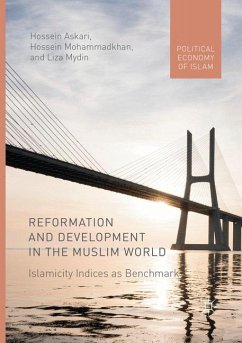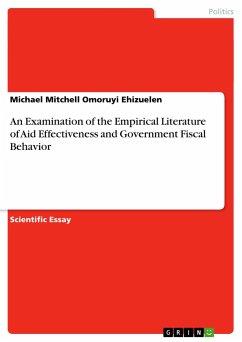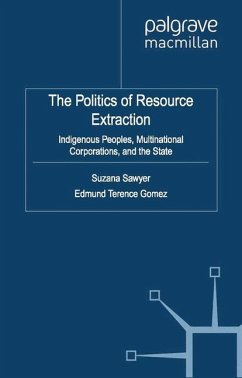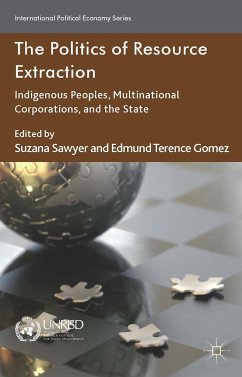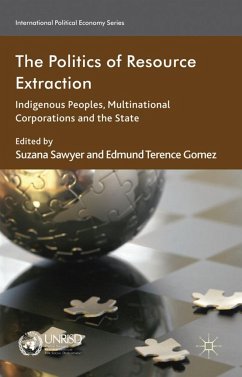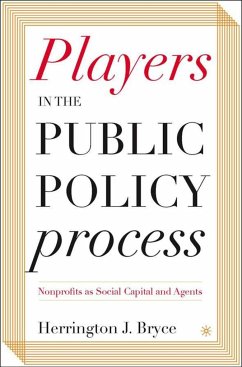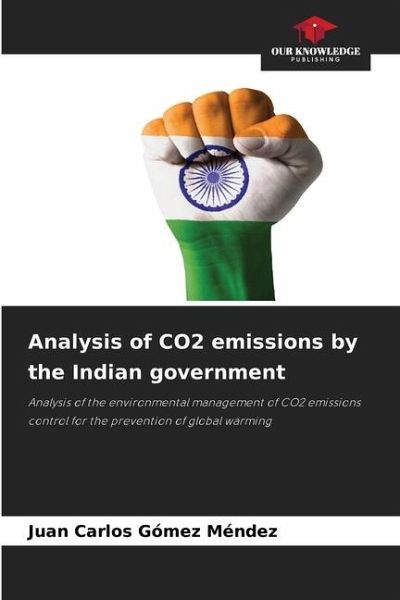
Analysis of CO2 emissions by the Indian government
Analysis of the environmental management of CO2 emissions control for the prevention of global warming
Versandkostenfrei!
Versandfertig in 6-10 Tagen
40,99 €
inkl. MwSt.

PAYBACK Punkte
20 °P sammeln!
India is the third country that produces the most CO2 emissions in the world, with a total of 2,648,779 megatons in 2021, these emissions are the result of its dependence on coal as a source of energy, which represents 70% of its electricity generation. This research conducted a characterization of the variables CO2 emissions and vehicle fleet, a normality test was applied to the data through the Shapiro Wilk analysis, a Spearman correlation test that resulted in a strong correlation of r= 0.931; which means that there is a very strong positive correlation between the two variables. This impli...
India is the third country that produces the most CO2 emissions in the world, with a total of 2,648,779 megatons in 2021, these emissions are the result of its dependence on coal as a source of energy, which represents 70% of its electricity generation. This research conducted a characterization of the variables CO2 emissions and vehicle fleet, a normality test was applied to the data through the Shapiro Wilk analysis, a Spearman correlation test that resulted in a strong correlation of r= 0.931; which means that there is a very strong positive correlation between the two variables. This implies that when one variable increases, the other also tends to increase, and vice versa. A future projection was made using the least squares model, year by year, from 2024 to 2030, with the result that in 2024 CO2 emissions will be 2612 Mt and these emissions will increase until 2030 up to 3174 Mt, which puts at risk the world environmental goals of reducing CO2 emissions and maintaining the global temperature of the planet at less than 1.5 ºC.





